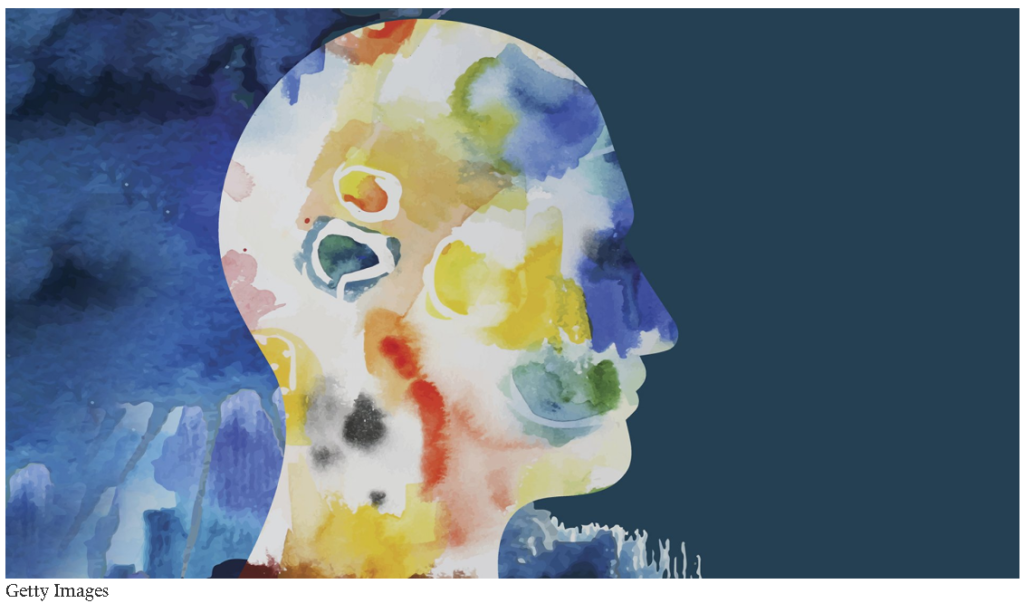
It doesn’t take a PhD to figure out that sleep is essential. Anyone who’s struggled to get through the next day after a late night out can tell you that.

It doesn’t take a PhD to figure out that sleep is essential. Anyone who’s struggled to get through the next day after a late night out can tell you that.

There are few discomforts quite as annoying as the “water balloon inside your belly” feeling known as bloating. But luckily there are some tricks you can try to help limit the swelling. We enlisted a few experts—a heralded doctor who specializes in digestion and inflammation, a clean-eating expert, and a hormone specialist—to share their tips for beating bloat, both in the moment and before it happens.

You saw the pictures in science class—a profile view of the human brain, sectioned by function. The piece at the very front, right behind where a forehead would be if the brain were actually in someone’s head, is the pre-frontal cortex. It handles problem-solving, goal-setting, and task execution. And it works with the limbic system, which is connected and sits closer to the center of the brain. The limbic system processes emotions and triggers emotional responses, in part because of its storage of long-term memory.

Around 1 in 5 people across the world have underlying conditions that put them at risk of developing severe COVID-19 if infected with the coronavirus, according to a new study. That adds up to around 1.7 billion people worldwide.

If you’re reading this: Drink a glass of water. You likely need it, as 75 percent of Americans are described as “chronically dehydrated.” While achieving a state of hydration might seem enviable and impossible, fret not because it’s doable. And the health benefits are not only encouraging, but they are also downright inspiring in the immediate short term, but especially in the long run. “Long-term hydration is the single best thing we can do to prevent chronic illness,” says Dr. Dana Cohen, an integrative medicine specialist in New York and coauthor of Quench: Beat Fatigue, Drop Weight, and Heal Your Body Through the New Science of Optimum Hydration.

American adults are in pain. A 2015 study from the National Institutes of Health showed that 25 million U.S. adults cope with chronic pain every day. While everyone’s suffering is different—there are as many sources of pain as people—for many, how you sleep plays a crucial role.

Chronic pain often has no physical cause. Psychotherapy can reduce the suffering.